The EAHP EU Monitor is a regular round up of news relevant to hospital pharmacy in Europe.
You can subscribe to receive the EAHP EU Monitor by email HERE.
Attend EAHP’s 25th Congress focusing on the future of patient care
The anniversary congress of EAHP, taking place between 25th and 27th March 2020 in Gothenburg, is only 50 days away. The Association cordially invites you to join your hospital pharmacy colleagues in the second largest city of Sweden to learn more about the future of patient care.
The keynotes, centred around the theme “Hospital Pharmacy 5.0 – the future of patient care”, will provide participants with insights on the latest developments in the fields of artificial intelligence, digitalisation and pharmacy prescribing. Patient involvement, new strategies to overcome medicines shortages and the transfer of care are only some of the subjects addressed by the 15 different seminars that will be held throughout the 2 ½-day event. The programme is complemented by workshops and interactive sessions looking for example at chemotherapy dose banding, peri-operative pharmacy services and clinical prioritisation tools to improve patient care.
This year’s Synergy Satellite events are going to focus on biosimilars and antithrombotic stewardship. Make sure to join one or all of them:
Online registration for anniversary EAHP’s Congress will close five days prior to the event. Onsite registration is possible.
Register HERE
Access the programme HERE
Move your country towards Statement implementation by taking the SAT
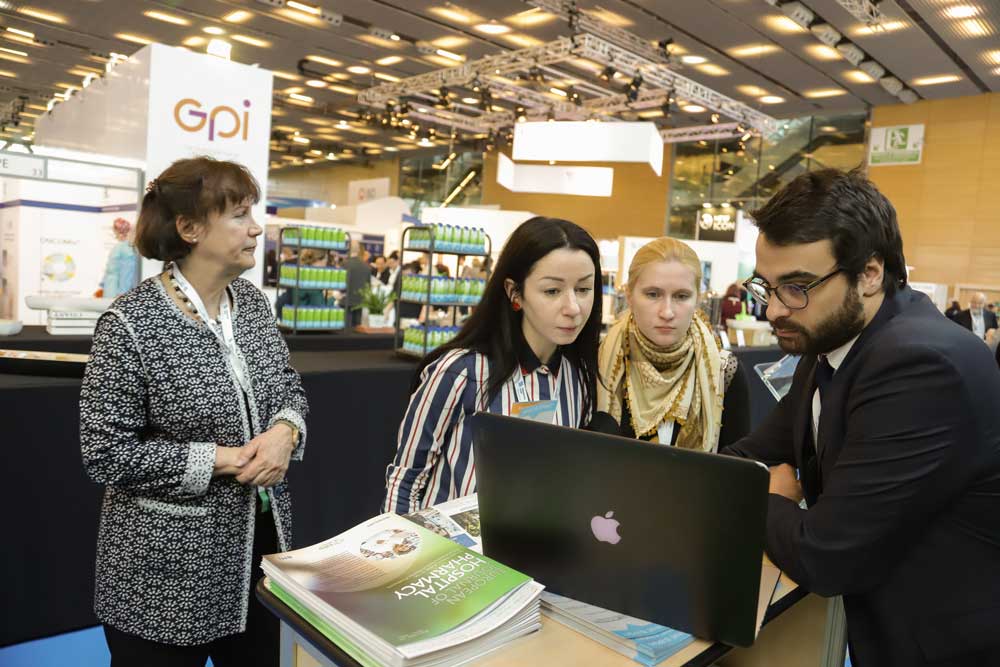
Over 5 years ago, the European Association of Hospital Pharmacists (EAHP), together with other stakeholders, adopted the European Statements of Hospital Pharmacy which express commonly agreed objectives that every European health system should aim for in the delivery of hospital pharmacy services. One of the key drivers of the implementation of the European Statements is the online self-assessment tool (SAT) which has been made available to hospital pharmacists in 2018.
SAT allows hospital pharmacists to assess the level of implementation of the European Statements within their hospitals. It also provides the means for hospital pharmacists and other healthcare professionals to address areas needing improvement with the help of a tailor-made action plan and a broad range of evidence-based resources. Progress can be tracked by individual hospital pharmacies as the assessment can be updated at any time. In addition, individual results can be compared to those of other hospitals in the same country.
Since EAHP is representing more than 23,300 hospital pharmacists practicing all across Europe, SAT has been made available in 13 European languages, namely Czech, English, French, German, Greek, Hungarian, Italian, Polish, Portuguese, Romanian, Serbo-Croatian, Spanish and Turkish. EAHP encourages all hospital pharmacists, that have not yet tried out the tool, to assess their hospital pharmacies with the help of the SAT. A video tutorial has been made available to provide guidance.
Access the SAT HERE
Watch the tutorial video HERE
EU launches consultation on cancer action plan
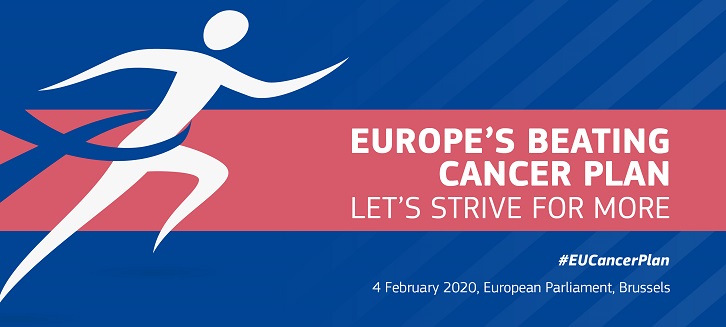
On World Cancer Day, the European Commission kicked-off the creation of Europe’s Beating Cancer plan, one of the key initiatives in the field of health during Ursula von der Leyen’s mandate. Input is sought via two consultations with both EU citizens and stakeholders.
The launch event for the EU’s quest to combat cancer, which was held in the European Parliament’s Hemicycle in Brussels, brought together patient advocates, healthcare professionals, researchers, cancer survivors and current patients as well as other interested stakeholders. With the support of Véronique Trillet-Lenoir and Loucas Fourlas, Members of the European Parliament (MEPs) and co-chairs of the MEPs Against Cancer Interest Group, Commission President von der Leyen and Health Commissioner Stella Kyriakides delivered the EU’s vision to lower the number of EU citizen’s that are diagnosed every year with cancer. In their speeches, the representatives of the European Commission and the European Parliament touched on the four pillars of the EU Cancer Plan which will focus on prevention, early detection, treatment and the quality of life of cancer patients and survivors.
A public consultation has been opened until 28th April to gather feedback from citizens. In addition, a more targeted consultation has been made available for stakeholders in relation to the roadmap of the cancer plan. The latter will be available until 3rdMarch. The European Commission plans to adopt the EU’s Cancer Plan by the end of 2020.
Access the public consultation HERE
Comment on the roadmap HERE
Learn more about the EU’s Cancer Plan HERE
EMA publishes ePI key principles
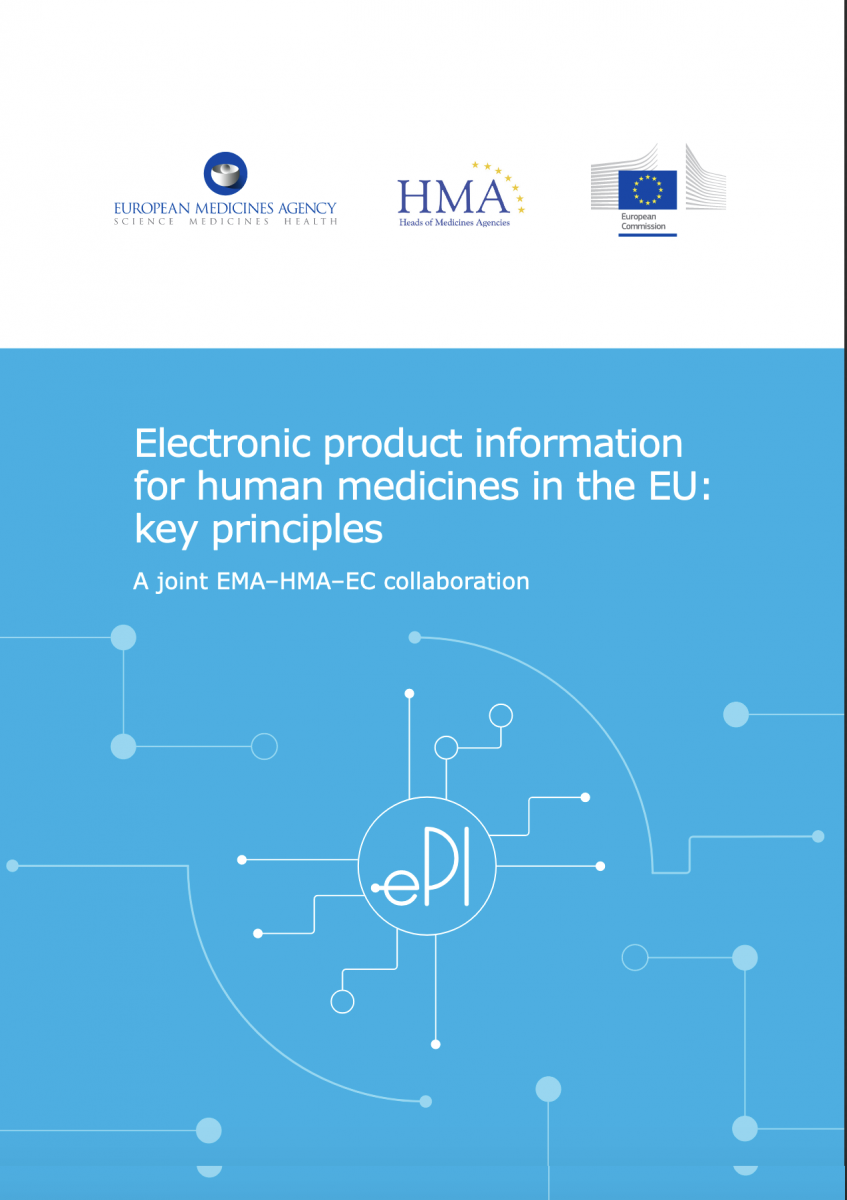
Together with the Heads of Medicines Agencies (HMA) and the European Commission, the European Medicines Agency (EMA) shared key principles for the development and the use of electronic product information (ePI). These principles are based on input collected via public consultation and a stakeholder event held in 2018.
The high level document outlines the benefits of ePI for public health, such as for example the facilitation of the dissemination of unbiased, up-to-date, regulator-approved product information for all medicines in the EU. Efficiency gains and accessibly to users with diverse abilities are also among the points that should be considered in the EU’s digitalisation efforts aiming to make best use of available resources and prepare for future challenges.
The product information of a medicine includes the package leaflet for patients and the summary of product characteristics (SmPC) for healthcare professionals. These documents accompany every single medicine authorised in the EU and explain how it should be prescribed and used. The package leaflet is provided in the medicine’s box and can also be found, often as a pdf document, on the websites of EU regulators. By making product information available in electronic format, interoperability with other electronic health systems such as e-prescription and electronic health records could be achieved. The principles are expected to feed into the process of developing and implementing ePI for medicines across the EU.
Read the key principles HERE
European responses to the novel coronavirus
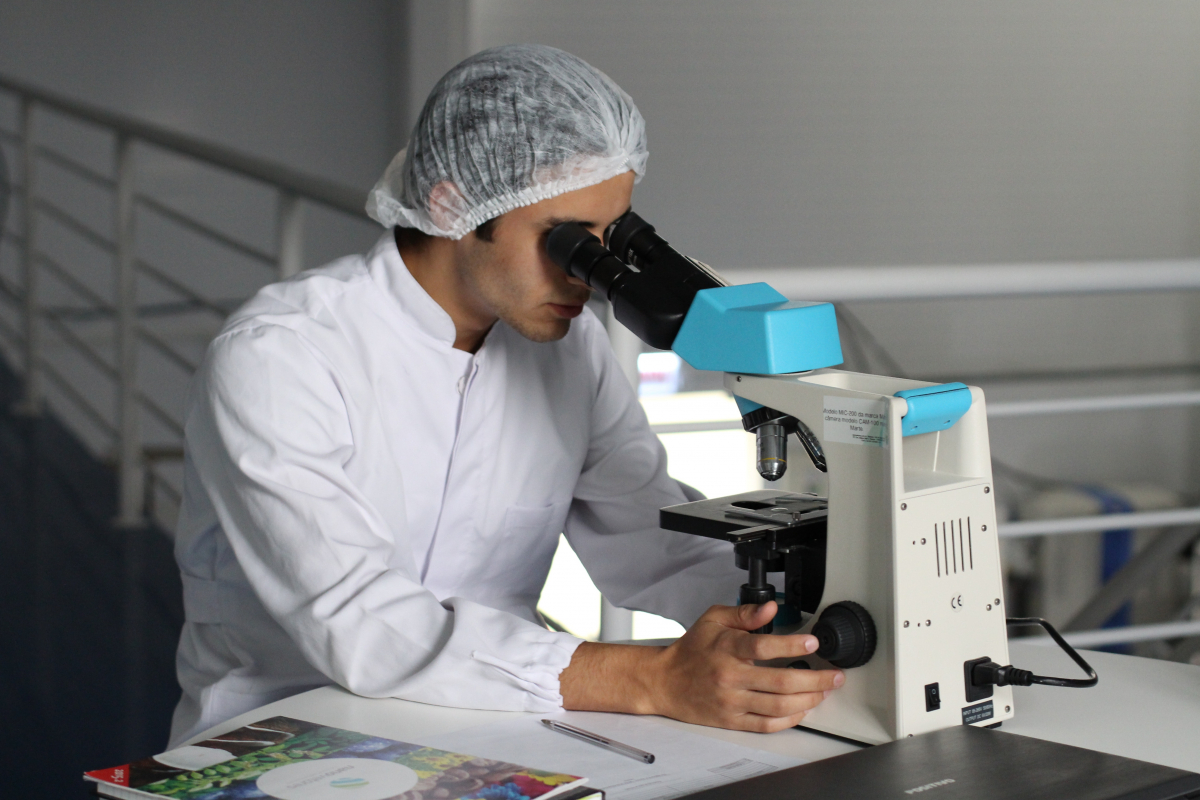 The novel coronavirus is high on the agenda of all EU agencies and institutions. The European Centre for Disease Prevention and Control (ECDC) is closely monitoring the outbreak and providing risk assessments to guide EU Member States and the EU Commission in their response activities.
The novel coronavirus is high on the agenda of all EU agencies and institutions. The European Centre for Disease Prevention and Control (ECDC) is closely monitoring the outbreak and providing risk assessments to guide EU Member States and the EU Commission in their response activities.
Information is being made available on a regular basis by both the ECDC and the European Commission on the novel coronavirus which has been declared a public health emergency of international concern by the World Health Organisation. Also EMA is engaging by supporting the development of vaccines and treatments. To this end the Agency is surveying the landscape for potential antivirals or vaccines to treat or prevent novel coronavirus infections.
ECDC is regularly updating its risk assessments which highlight that
- There is high likelihood of infection for EU/EEA citizens residing in or visiting the Hubei province
- There is moderate likelihood of infection for EU/EEA citizens in other Chinese provinces
- There is a moderate to high likelihood of further case importation into EU/EEA countries
- There is low likelihood of sustained human-to-human transmission within the EU/EEA.
In addition, ECDC released a technical report which aims at providing guidance to EU/EEA healthcare facilities and healthcare providers on infection prevention and control measures during the management of suspected and confirmed cases of 2019-nCoV infection.
Obtain the latest updates from ECDC HERE
Access the ECDC technical report HERE
Learn more about EMA’s actions HERE
EMA celebrates 25th anniversary
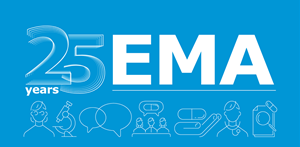 On 26th January, the European Medicines Agency (EMA) looked back at its achievements in the past 25 years. Since its establishment in 1995, EMA, in line with its mission, has been fostering scientific excellence in the evaluation and supervision of medicines, for the benefit of public and animal health in the European Union.
On 26th January, the European Medicines Agency (EMA) looked back at its achievements in the past 25 years. Since its establishment in 1995, EMA, in line with its mission, has been fostering scientific excellence in the evaluation and supervision of medicines, for the benefit of public and animal health in the European Union.
EMA is responsible for facilitating the development and access to medicines, evaluating applications for marketing authorisations, monitoring the safety of medicines across their life cycle and for providing reliable information on human and veterinary medicines in lay language. EMA’s success is based on cooperation within the European medicines regulatory network, a unique partnership between the European Commission, the medicines regulatory authorities in the European Economic Area countries, and EMA. In addition, the agency closely collaborates with patient representatives and healthcare professional organisations who are also involved in the assessment of the risks and benefits of medicine via engagement in EMA’s scientific committees.
Explore EMA’s key milestones and achievements HERE
Learn more about the work of EMA HERE
EJHP: Feasibility of using CollaboRATE to evaluate pharmacist-led medicines-related consultations in UK hospitals: a pilot study
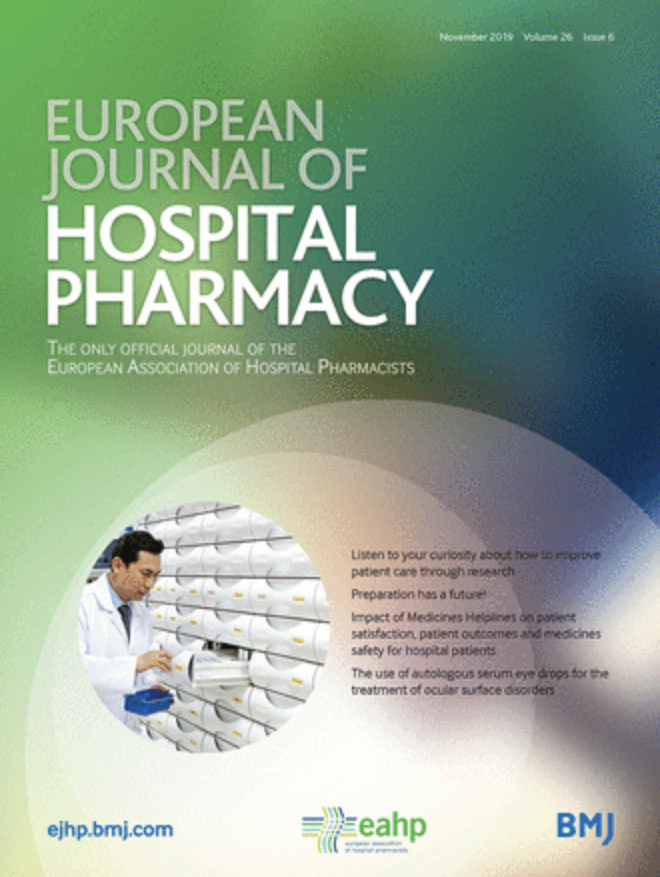
The latest short report published in the online first edition of the European Journal of Hospital Pharmacy (EJHP) explores how CollaboRATE could be used as a process measure of shared decision-making in ward-based pharmacy consultations. The study deemed the use of the five-point CollaboRATE measure feasible, but concluded that further modifications to one of the question are needed to use its full potential.
Read the short report HERE
Have you ever considered to become a SILCC fellow?
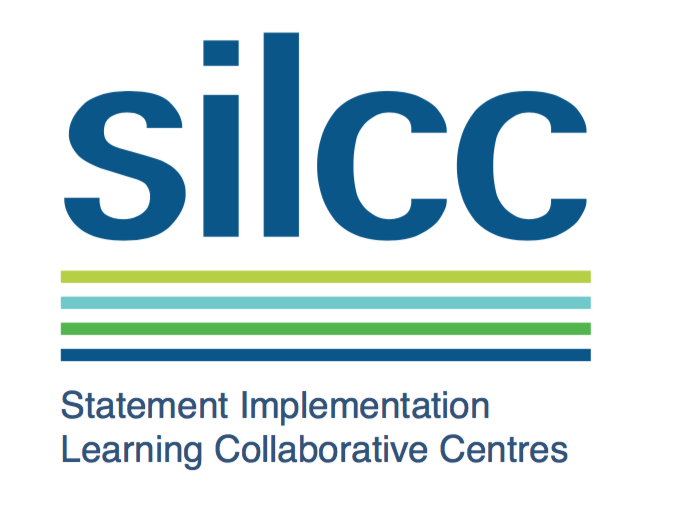
EAHP’s Statement Implementation Learning Collaborative Centres (SILCC) programme encourages the exchange of hospital pharmacy practice between hospital pharmacists working in different countries. This is achieved by bringing together SILCC hosts and SILCC fellows. The first fellows have already completed their training on procedures linked to the European Statements of Hospital Pharmacy in different host institutions located in Germany, Spain and the United Kingdom. All returned with new perspectives on hospital pharmacy and suitcases full of ideas which are now being implemented in their hospitals. To further foster exchange between different European countries, EAHP is encouraging hospital pharmacists to apply for the SILCC programme. Have a look at the Statement website to learn more about the programme, the application procedure and the SILCC host institutions.




























 The novel coronavirus is high on the agenda of all EU agencies and institutions. The European Centre for Disease Prevention and Control (ECDC) is closely monitoring the outbreak and providing risk assessments to guide EU Member States and the EU Commission in their response activities.
The novel coronavirus is high on the agenda of all EU agencies and institutions. The European Centre for Disease Prevention and Control (ECDC) is closely monitoring the outbreak and providing risk assessments to guide EU Member States and the EU Commission in their response activities. On 26th January, the European Medicines Agency (EMA) looked back at its achievements in the past 25 years. Since its establishment in 1995, EMA, in line with its mission, has been fostering scientific excellence in the evaluation and supervision of medicines, for the benefit of public and animal health in the European Union.
On 26th January, the European Medicines Agency (EMA) looked back at its achievements in the past 25 years. Since its establishment in 1995, EMA, in line with its mission, has been fostering scientific excellence in the evaluation and supervision of medicines, for the benefit of public and animal health in the European Union. 
